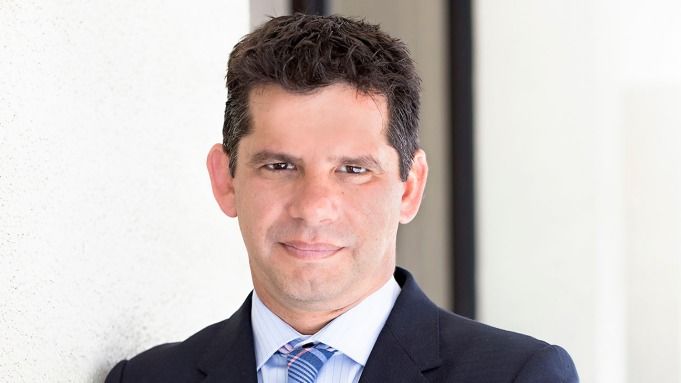

Insider Insights: Interview with Ryan Saul (Manager/Producer)

Today, we have the pleasure of speaking with Ryan Saul, who has been in the film industry for over two decades, working as an agent, manager, and producer. He has also taught film business courses at Bradley University, Florida State University, and at ECA, where he serves as a Program & Curriculum Advisor.
Ryan, it’s great to have you here with us today. To start off, tell us about your background and how you got into filmmaking.
So I started acting as a kid when I was probably five years old. I was in a play for the Christmas Carol and I played you know, one of the kids from ghost of Christmas past or future, and I got the bug. So from five years old, to all the way through high school, I did musicals, I did plays at the local theater. I ended up competing on the speech team speech and debate team in high school and made it to state a couple years in a row.
When it came to college, I was an average student, so I ended up going to the school that gave me the most money, which also happened to be the school that was the 14 time defending champion in speech and debate. I was on a forensic scholarship there and then sophomore year I quit the speech team, because I was also a hippie, and I was like, “I don’t want to be judged for my art,” so the theater department ended up picking up my scholarship, and I continued to do productions in college. I was a theater major with a double major in theater and history – not theater history, but just regular history. And I became a pretty good theater director.
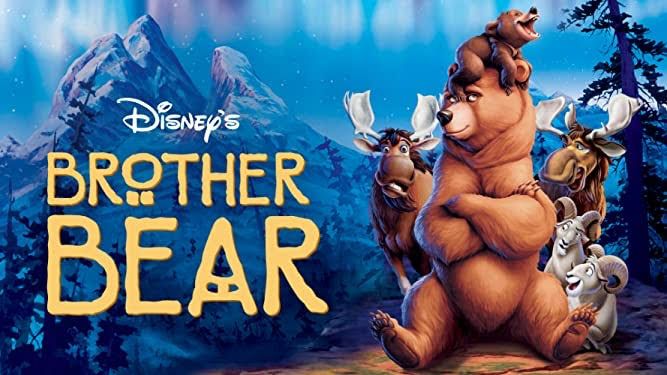
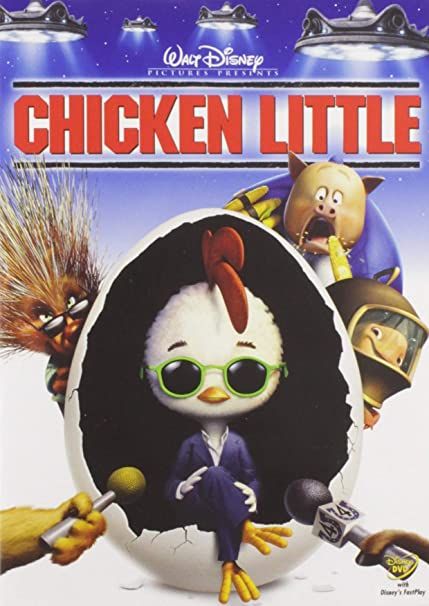
Everyone knows what a director does, what a writer does, what an actor does, but producer is always one of those things, especially for those not in the film industry, that’s kind of nebulous and misunderstood or hard to understand. Can you clarify what a producer is and does?
Over the past couple decades, you’ve been involved with a lot of projects and films. Which ones stand out to you as highlights that you are especially proud of or that were particularly memorable?
You always remember the first one. The first one I actually saw as an agent go to fruition was Brother Bear and then subsequently Chicken Little. That was my first premiere that I went to where I actually did something on it.
I was told a long time ago, in order to stand out in my field of being an agent, you have to have a hook. Every great song has a hook, every great director has something they do well, every great actor, you know them for certain things. As an agent it’s a little more difficult, and because I started at a small place, I had to build something up, so I became known as the guy who does animation.
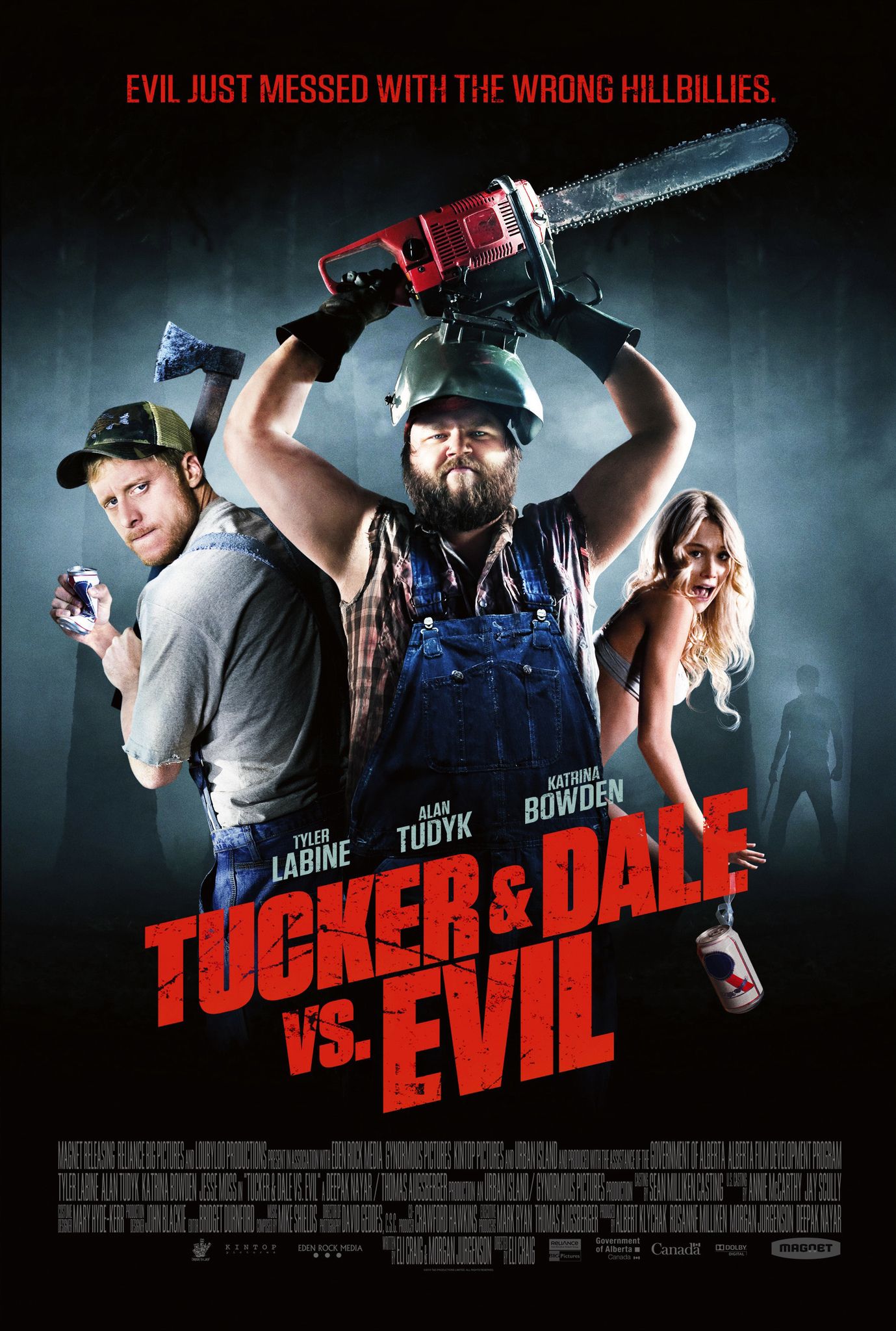
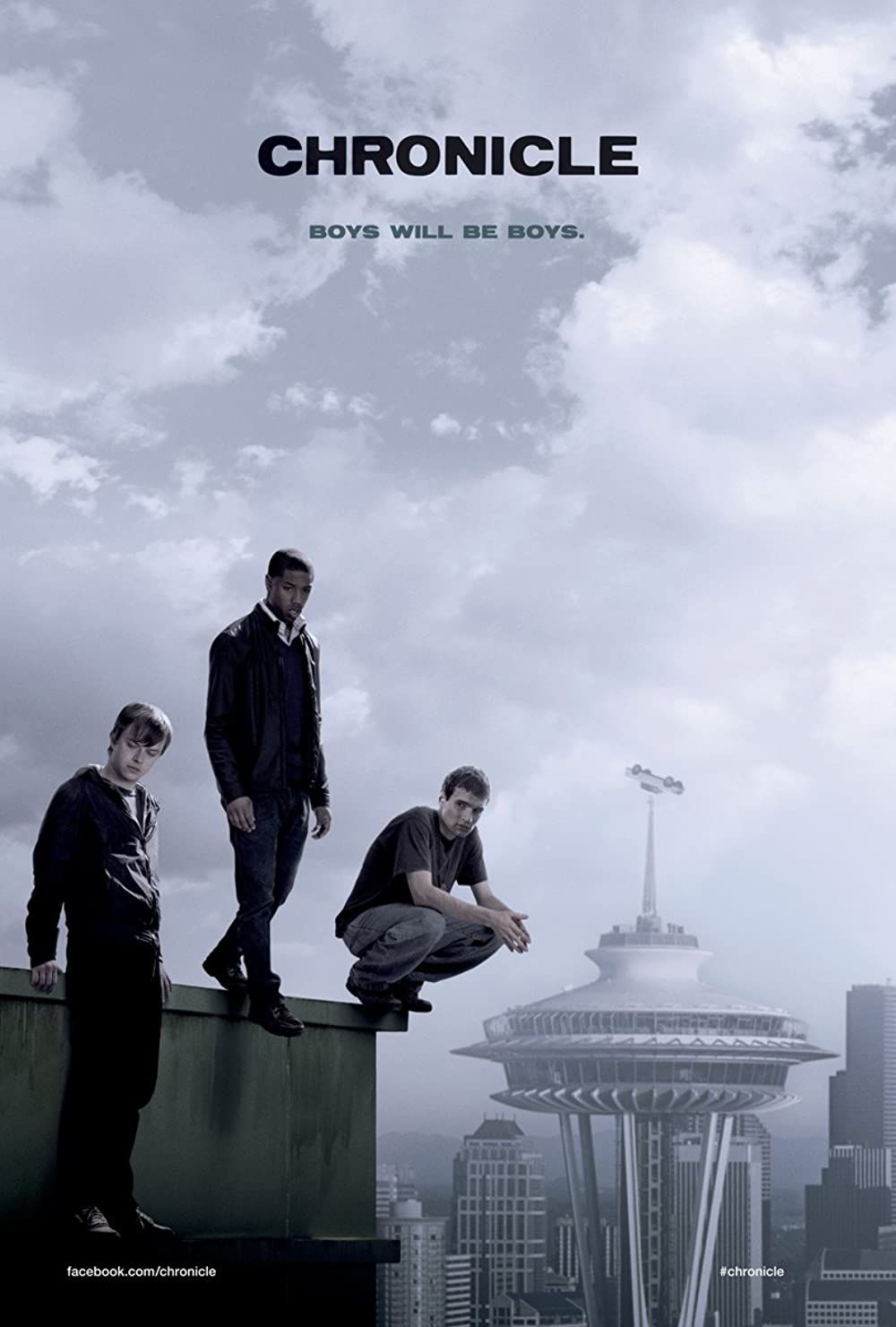
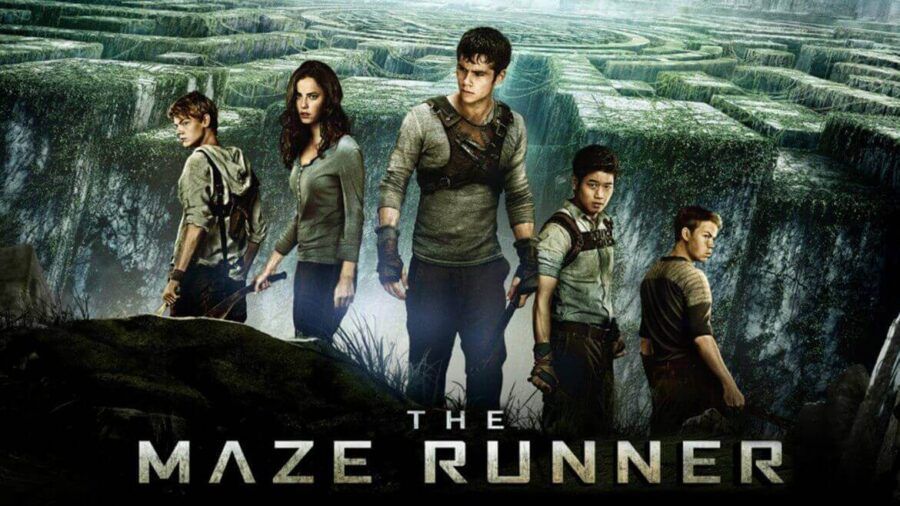
You’ve made a name for yourself discovering and developing these young up and comer filmmakers that you mentioned. What do you look for when you see these aspiring filmmakers and their work? What catches your eye that makes you want to invest in these people?
This is going to sound jaded, but I go into everything that I read or watch prepared to hate it. I remember when I signed this guy Ron Morales. This manager was really on me to watch this film, so I’m like “Fine, fine.” I couldn’t sleep, it was midnight, I put the film on, you know, probably as something that I thought I would fall asleep to. 10 minutes in I’m like, “Okay, all right,” and then the first incident happens, like the turning point, and I remember sitting up in my bed, and I was like “Holy crap!” I texted my friend the manager at 2:30 in the morning and I’m like, “Cancel all my meetings, I’m signing him.” Because he surprised me, he let me see something I hadn’t seen before in film.
I’m looking for those things that I can hang my hat on. It’s more than just talent. I have to sit across from you and go, “Can I put you in a room and people are going to want to work with you?” So if you’re talented and you have a great personality and a great vibe in a room, you’re going to work. I’ve also represented some average writers, but they’re great in the room, so people want to work with them. Yes, it’s important to be talented, but it’s also important to have people skills.
What advice would you give aspiring high school filmmakers?
I’m going to give the advice that was once given to me and that I ignored. If there’s anything else that you’re good at, go do that [laughs]. However, if you eat, sleep, and drink this creation, whether it’s directing, writing, and you just love movies and you want to be in this business somehow – be a producer, a manager, an agent, an executive – this is not a business for the faint of heart.
Look, we’re not curing cancer, we’re not discovering vaccines for Covid here, we’re making entertainment. But we’re making entertainment with a lot of money at stake, as you can see, with these media companies now all jumping in here. The advice that I would give to those people who meet that criteria is to keep experimenting, don’t be afraid to push the envelope, and trust your storytelling. We’re at a point right now in this business where all stories are possible. It’s also the easiest time to get your material seen. There’s all kinds of platforms, whether it’s TikTok, Instagram, Youtube, or whatever new thing is going to come out by the time you read this. These people are being discovered every day.
Also, put yourself on a plan. When I came out here to Los Angeles, I was going to give myself two years to see where I was at. I always tell my students, in the first six months, just get a job, any job – making coffee, being a PA on a sitcom, working on as many student or short films as possible, helping others. What I find is all of you come up in a group. When I was in film school, I didn’t get along with everybody. But some of the people I didn’t get along with are now my biggest advocates and we’ve all helped each other at some point. So my advice is to stick to it, give yourself some time, be patient.
There’s no such thing as overnight successes. It’s [Malcolm] Gladwell’s 10,000 hours. You have to be disciplined. If you’re a writer, you have to keep writing every day. If you’re a director, you need to be around as many directors and as many sets as possible, and you need to be finding ways to direct your short stories to get discovered. If you’re a producer, find the most talented directors or writers in your class or that you know to do stuff together and produce. Guerrilla filmmaking is where I learned the most because you’re just riding around on sidewalks like “Hey, get that shot!” or “Hey, that’s a great image of the beach. Let’s grab that and put it together.” And especially with these phones right now, you can make a movie on your iPhone.
Thank you so much for your time and all the great advice, stories, and insights Ryan!
